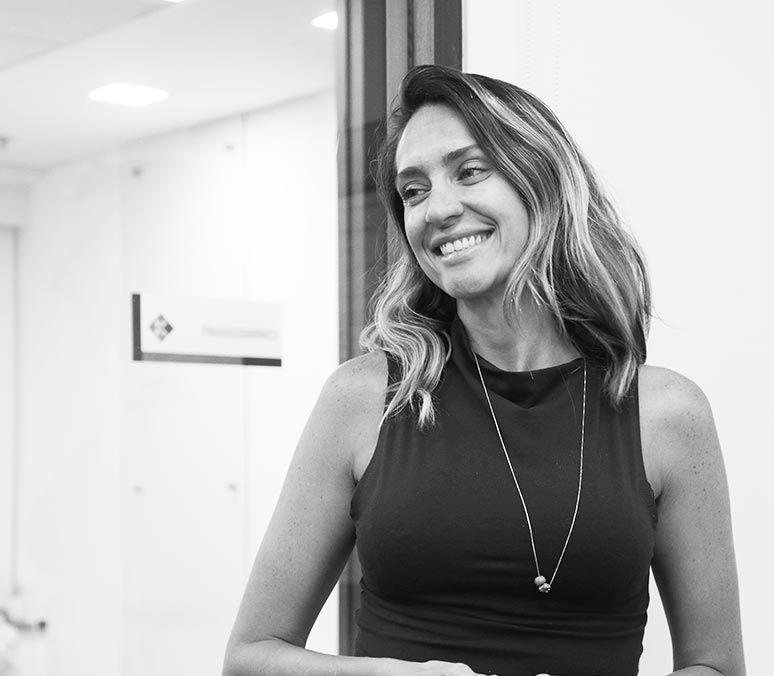Crack A Case
YOUR CHANCE TO STAND OUT
Why case interviews? We test how you would cope on the job – solving complex problems and communicating your ideas clearly
Our case study interview is designed to replicate the challenges of a real life consulting engagement. The skills you need to solve the case study are the same ones used every day by our consultants in the field. We want to understand how you think about a problem and how you work your way through the case to come to a conclusion or recommendation. We also want to see how you engage the interviewer. We look for consultants that are great collaborators, who can communicate clearly and confidently, and who can work under pressure without losing their cool. The case study is also an opportunity for you to get a first-hand insight into the type of problems we work on at Integration. The case applied in your interview will likely be based on a project the interviewer has worked on for a client.
Problem-solving
- Ability to break down complex problems
- Structured, logical thinking
- Creativity
Analysis
- Reasonable assumptions & estimates
- Accurate calculations
- Appropriate, structured questions
Interpersonal
- Synthesis – pulling together different parts
- Ability to handle ambiguity
- Communicate – style & content
THE IMPORTANCE OF BEING YOURSELF

MARTINA ZAGO
GLOBAL HEAD OF TALENT ACQUISITION
By simply being oneself, each person can enrich whatever endeavor they tackle with all the value they hold as an individual. At Integration, we understand that every human and professional offers their own set of distinct characteristics and strengths. By being ourselves and being transparent, we can leverage our greatest potential in a unique way. Especially when applied to the context of a team, these individual strengths are what allow us to deliver the very best to our clients on a daily basis. So remember to always be you!
SET OF STEPS THAT CAN BE USED TO SOLVE A CASE
1
UNDERSTAND
- Listen carefully to the question
- Take notes
- Ask clarifying questions (start a conversation and get additional information)
- Summarize the question – check you understood it
- Verify the objective (for example: are you looking to maximize profits or sales?)
2
STRUCTURE
- Take time to think and structure your analysis
- Identify the key issues and prioritise them
- Generate a hypothesis
- Communicate your approach to the interviewer
3
ANALYZE
- Generate discussion – the interviewer is there to coach you
- Ask questions based on your structure – don’t fire off questions randomly
- Use relevant information to test your hypothesis
- Use common sense – check calculations with odd results (for example: should milk cost £10 per pint?)
4
CONCLUDE
- Synthesise – summarise the key findings, rather than just recapping
- Refer back to your hypotheses
- Reach a conclusion – state your recommendation for the problem posed
- Add next possible steps (how would your recommendation fit into the wider context How would it be implemented?)